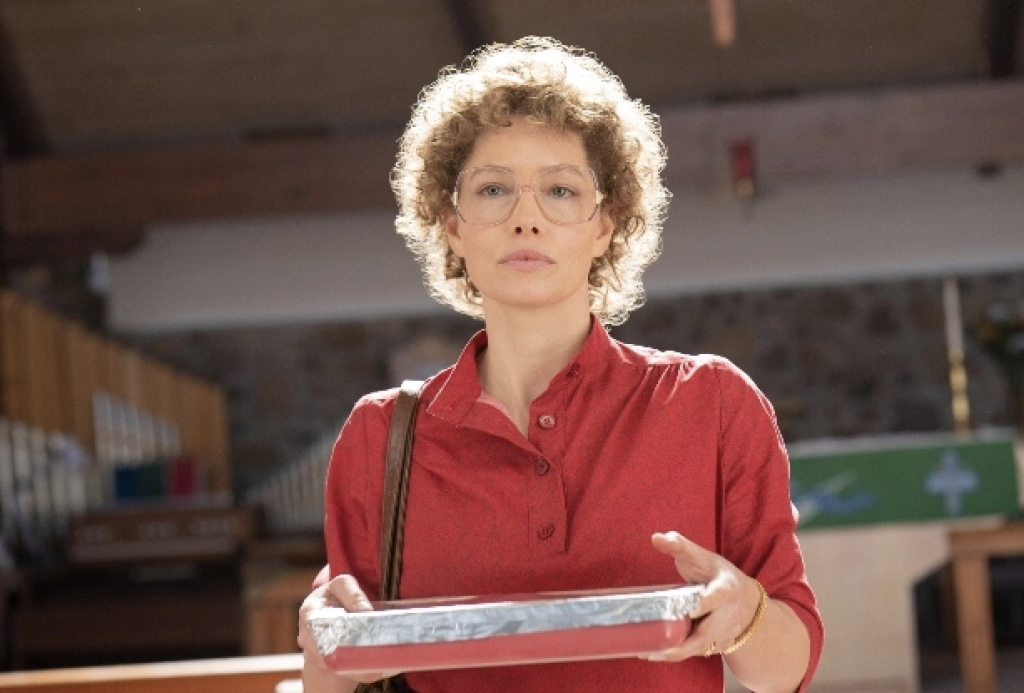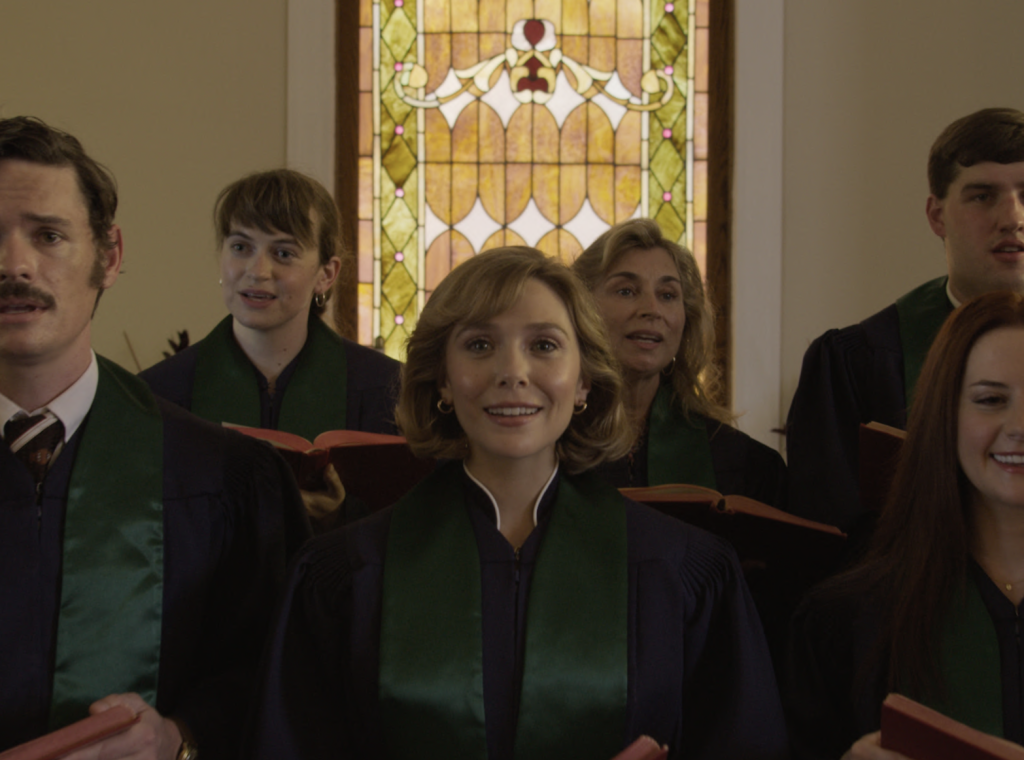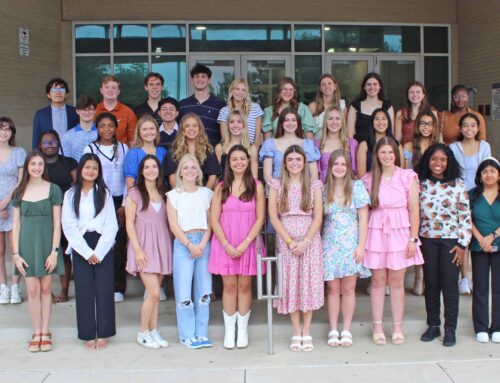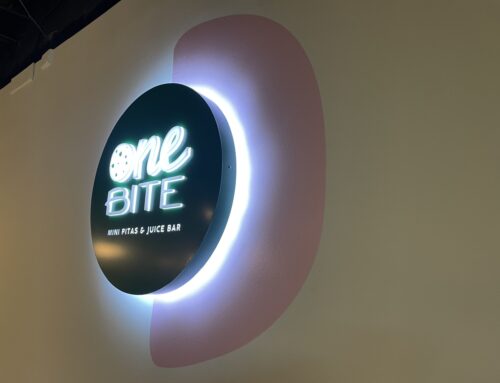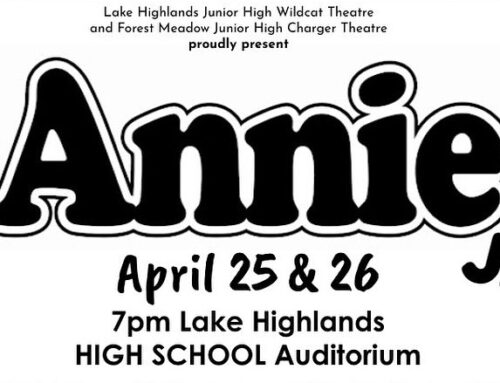Robert Udashen was 27 in 1980 when he was called in by his firm’s partners to strategize one of the most high-profile (and legally fascinating) defense cases in Texas history. Alongside Don Crowder and another associate, Elaine Carpenter, Udashen successfully argued self defense for Montgomery, a Collin County housewife who axed her friend and erstwhile lover’s wife Betty Gore to death with a reported 41 blows.
The Candy case caught the public’s attention when it happened (the book Evidence of Love and its made-for-TV movie came out in the 80s), and it is still captivating audiences (Hulu’s five-part series Candy starring Jessica Biel is available now; HBO’s Love and Death starring Elizabeth Olsen and produced by David E. Kelley and Nicole Kidman is due this fall; plus the case is covered in episodes of Snapped and People Magazine Investigates).
From his new home in Asheville North Carolina, the retired defense attorney (who still has a firm in East Dallas) and longtime SMU professor indulged our curiosities.
In this interview — lightly edited from a full transcript of our conversation earlier this week — Udashen talks about his memories of the case and Montgomery herself, weighs in on all the books and shows and discusses his involvement with them, and he gives us some insight about how trial attorneys live and breath gruesome cases yet manage to sleep at night (and more).
So you escaped the heat of Dallas finally, huh?
I am sitting on my deck outside here in Asheville and it is very pleasant. The house was finished about four years ago. And then I was going back and forth from Dallas. And then with the pandemic I pretty much stayed here. And I was doing everything by Zoom, and then I decided I don’t really need to be in Dallas.
You still have the firm, near NorthPark Center — is it strictly criminal defense?
There’s still a firm there in Dallas. Yes, criminal defense, that’s all we do.

Robert Udashen
Retired SMU adjunct professor and attorney Robert Udashen is the last living member of Candy Montgomery’s defense teamAfter all these years, why is the public and thereby writers, producers, etc. so engrossed in this case?
It’s a really interesting story. You’ve got an affair. An axe murderer, which is unusual. It’s involving two women, which is unusual. So there’s the makings of a good movie or TV show in there. Why it’s all come back right now, I don’t know. I have consulted some on the Hulu show (Candy) and a whole lot more on the HBO show (Love and Death) that is coming this fall.
No one’s ever been able really to tell me like why they’re both doing this same show at the same time. There are so many streaming services, and especially during the pandemic I think they were all looking for stories. And there also is all the true crime material on TV these days. So that may be why.
Since Candy on Hulu just came out and I assume you’ve watched, I’ll ask about it — what did Candy get right and wrong?
So it’s hard to answer that because there are a lot of things, particularly around the trial, that are not really accurate. For the series, they had to condense the trial. I mean, it gives you a really misleading impression, I think, of what happened at the trial.
They have things occurring in the trial that didn’t really occur the way that they were depicting it. I guess some of that is just artistic license. And they’re just condensing everything all together. But being someone who actually participated in it, I don’t like to see it portrayed inaccurately.
What specific things most bothered you?
That’s hard to narrow down. Some of the things — with Don Crowder, the lead lawyer, for example. For one they had him doing a lot of the things I actually did. The other thing is he kind of came off as a caricature. Don really did a fabulous job at trial. Just, to me, the way he was portrayed didn’t really do that justice.
But, at the time, I had been a lawyer for about three years. Don was a senior partner at the firm (Crowder and Mattox), but this was his first criminal defense case. He was not a criminal defense attorney.
The part in the show where they have Don talking to Candy about what happened that day, that was actually me. I was really involved in the strategy part.
Would you explain a little further how you came to be the one strategizing the case?
Don new Candy from church. They both went to the Methodist Church.
When Candy first goes to talk to police, before we’ve been hired, she mentions to Don that the police want to talk to her. He says you don’t have anything to worry about so she talks to police. Then they wanted to talk to her a few days later. When it was clearer that they were looking at her as a suspect, Don told her to come see me beccause I did criminal law. Don wasn’t a criminal defense lawyer. He did civil law.
Don Crowder was not a criminal attorney at all, really?
No, not at all. I did the criminal law work for the firm.
How old were you when all this started?
I was 27.
Did you know how big this case was going to be when they called you in?
This was 1980, there’s no social media, no Facebook. But what you did have is two daily newspapers, Dallas Morning News and Dallas Times Herald, and then the Fort Worth, Plano, McKinney newspapers, all the local TV stations and they all are competing for stories. So there was something on TV or radio or newspaper everyday for months.
The story traveled everywhere. I was getting calls from all over the world. Friends of mine, sending me clips. So in the beginning,all the pretrial hearings and dealing with police and all that was really all on me. And then Don got involved because he’s senior partner and he liked all the publicity.
I got involved after Candy and already talked to the police twice. And so then there was a lot of publicity. And I knew it was gonna be big, but I didn’t know how big it would become over the next few months. I remember waking up on one morning seeing a headline on the front page of the Dallas Times Herald saying “Lawyer dares police to arrest ax murderer.”
I was kind of enjoying talking to press but I do remember thinking I didn’t really mean to do that. I decided I needed to become a little more careful when choosing my words.
Was the judge [Tom Ryan] as bias as he’s portrayed to be in Candy, and was Don really arrested for contempt?
Don was held in contempt twice. It didn’t really happen the way it was depicted in in the show. By the time the trial rolled around, we were under a gag order not to talk to the press. But Don, right when the trial started, was standing outside the courthouse talking to the press. So Judge Ryan held him in contempt for that. Then there was an incident that occurred during the trial where Don and Judge Ryan got sideways with each other and he held him in contempt again and threw him in jail at the end of the day, which was something not allowed by Texas law. So I had to go to Court of Criminal Appeals in Austin to get him out of jail.
The makers of these new TV shows, how much have they consulted with you? Let’s start with the Hulu show.
I was contacted really early on by writers and producers who I met by Zoom. The writers and I spent a number of hours talking they while they were writing the script. And inititally this show was supposed to star Elisabeth Moss. So I talked to her on a Zoom call. And then she dropped out, and you know she has so many things goin on.
I never actually spoke to Jessica Biel.
It’s funny, because I read that Biel told Entertainment Weeklyyou were a great source of information, so I guess Moss passed along whatever you talked about.
So you say the HBO show consulted with you more closely?
HBO is done filming now, but I worked with HBO for months. They filmed for weeks in Austin primarily helping with all the trial things. They’re going to do a lot more detailed look at the trial, then then Candy did. The HBO show is supposed to be a seven part series.
I’ve talked to all the actors involved in the HBO series, and I was there when they were filming scenes and helping try to make the trial scenes as accurate as possible. And maybe there’s always some artistic license involved in this, but HBO did want to be as accurate as possible. And that’s what my role was was during the filming, to try to make sure they were.
Robert, are you the only surviving member of the defense team?
Yes. Don Crowder, passed away a number of years ago. Elaine Carpenter was the other lawyer and she she died a few years ago.
I imagine in these, you’re probably one of their best resources for how the trial went.
At least on the defense side, I’m the only one still around.
You also talked to the show Snapped? I just watched that one.
[Snapped] came to Asheville and taped that interview. There’s another show coming out. People Magazine Investigates/Investigation Discovery — I think anytime.
I saw a video of you getting Candy from jail, you drove her around, strategized with her, you spent a lot of time with her — what do you recall about that time you spent with the woman? Once they got a warrant for Candy, I negotiated an agreement with the district attorneys, and I drove her up to McKinney. I was gonna take her to the sheriff’s office and they weren’t supposed to notify the press, because we were just trying not to have a bunch of cameras and reporters there. But there’s all these people. They completely violated their agreement.
I turned her in and I made arrangements to have a bondsman post the bond before I ever drove Candy up there. The sheriff wouldn’t take the bond and wouldn’t let her out. Then we had a hearing on that, and we finally got her out.
After we get her out, just a matter of two days later, Judge Ryan orchestrates this hearing where I go up to McKinney and Ryan says, we’re coming up there to put a gag order and everyone’s to quit talking to the press. I took Candy up there and I thought what we were going to do is have a little hearing where the judge is going to impose a gag order, which he does. And then he launches into a hearing on whether Candy’s bond was sufficient. it was clear that the judge and the DA and the sheriff are all prepared for this hearing. No one bothered to tell me about the hearing. And then they throw Candy in jail again. And then I’m under a gag order and I can’t go talk to the press. So we had to deal with things like that. The whole time we’re working on the case.
But when she told you the whole story — that she did it and it was in self defense — were you surprised, or what were you thinking?
I won’t say I’m surprised at that point. By then I knew she had been there, and I knew that the police had at least a fingerprint. I mean certain things tied her to scene. But I didn’t really know exactly what happened. And so when she came out and finally told us what happened, to me it was clear that it was it was self defense. Now we just needed to document and put the defense together.
But there was the mental analysis that I imagine you arranged — were you thinking insanity defense at any time or something like that?
I brought in two psychiatrists. I did want the psychiatrists to look into any kind of mental issue. That was to me just part of documenting what happened. I wanted the doctors to see if they could explain the overkill, because that was always going to be a big problem here. We could see the self defense and how it got started based on what Candy said. But there’s so many blows that I thought by the time we got to trial we’re gonna need to be able to explain why when it happened.
How would you say Candy’s case affected the trajectory of your career?
At that point in time, it was clearly the biggest case I’d ever been in. And it was a great learning experience. I did so many different things in that trial. Most young lawyers never get a chance to do it. I think it put me on a path to be a really successful criminal defense lawyer. I used to, particularly at SMU when I was teaching there, I give talks on the many legal issues that came up working on that case that were just fascinating and a great learning experience. So it did kind of propel my career. I was prepared to handle lots of big cases after it. But at the time, I was so young, it was really learning by fire.
How does a lawyer like yourself, who works on these gruesome disturbing cases, how do you balance that out emotionally, psychologically in your life?
I don’t have a specific routine, but it could be really crushing. Particularly in something like Candy and another case that really comes to mind is Lisa Diaz which was capital murder trial where she was accused of killing her two children. When I get cases like them, particularly when I believe the people were really innocent, it’sreally stressful. Their lives are at stake and I don’t want to do anything wrong that’s gonna cause an innocent person to end up in prison.
So whenever I can travel, I do. That’s my main stress release. Whenever I finished up a big trial, my wife and I would go take a vacation somewhere just to get away and clear my mind.
Have you been in touch with Candy?
I have not talked to her in a long time, and she moved shortly after trial. It was just impossible for her to stay in the area. She couldn’t go the grocery store without people saying something negative to her. The book Evidence of Love came out a few years after the trial, and Candy did cooperate with that book. So did Don Crowder and I. But then after that. They made a movie with Barbara Hershey. Candy would not cooperate with that, and there’s been a bunch of shows since then Candy would not cooperate in.
So that one book is the only thing she was involved in?
Yes, she did agree to talk to Jim Atkinson who wrote that, and I think she was sorry she did.
Who were your role models as an attorney Dallas?
I used to practice with George Milner Jr., who passed away in 2014. I just thought George was just a fine person and a great trial lawyer. So he was was really a person that I tried to model myself after.
How about the partners at the firm where you worked during the Candy case?
Both Jim [Mattox] and Don [Crowder] were very important.
When I first got out of law school, I worked at the prison with inmates. And when I came to Dallas, I was looking for a job — and this is probably something Henry Wade did that helped me in my career — I thought we all go work at the Dallas district attorney’s office. But Wade said, “You strike me more as a criminal defense lawyer rather than a prosecutor.” And he said, “I think you should go talk to my my friend, Jim Mattox.” So I went and talked with with Jim and Don and they hired me to do all criminal work, so that was really the start of my criminal defense career.
And you spent a lot of your life in Dallas teaching — what made you want to do that?
I’ve always enjoyed mentoring young lawyers and students and teaching, and I guess many years ago Walter Steele, who was one of the associate deans at SMU at the law school asked if I might be interested in teaching. I was and I tried it out. And I really liked it and I stayed there for 20 years. And I really enjoyed contact with the students. It was challenging and a lot of fun.
Before I go and miss something, when other press and storytellers contact you, what they most want to know?People want to know where Candy is and if I really think it was self defense, and I really do think it was self defense. I really believe that for reasons. I mean, I think the jury made the absolute right decision. Even though there was a lot of hostility to that decision. Yeah, I think I think we got it right.

